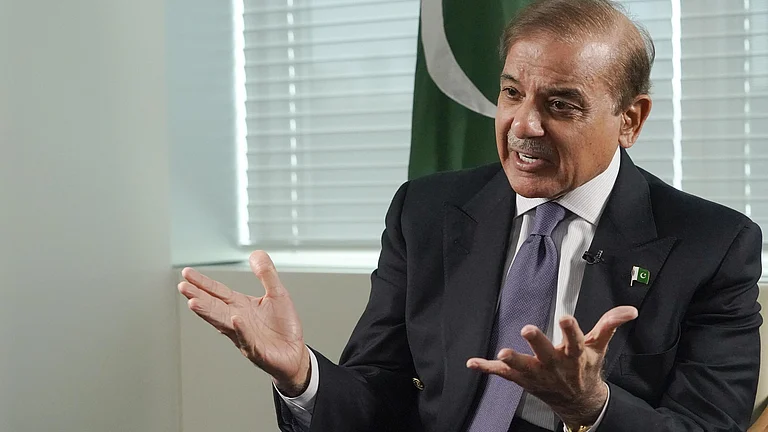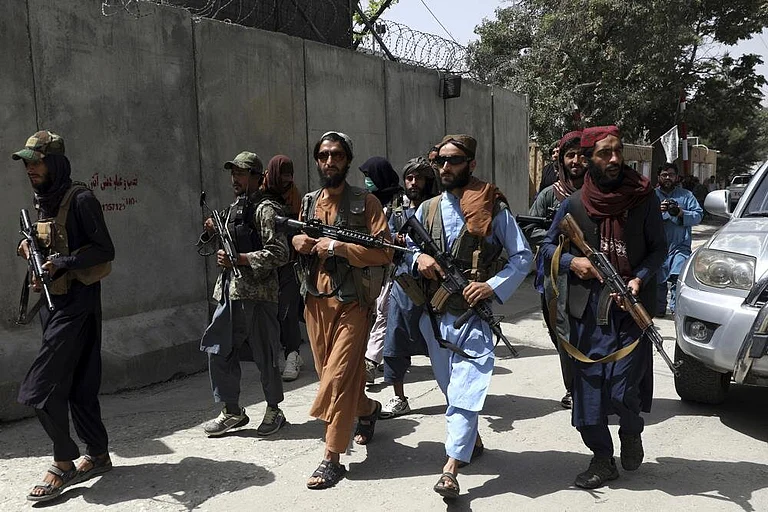
48-hour temporary truce starts at 6:00 p.m. local time, requested by Taliban with mutual consent, halting clashes that killed dozens including 15 civilians and wounded over 100.
Violence erupted from Pakistani airstrikes on alleged TTP camps, countered by Taliban retaliation; Pakistan blames Afghan-based militants for record attacks, Taliban denies and accuses sovereignty violations.
Focus on dialogue for resolution amid closed borders disrupting trade; global calls for restraint underscore urgency, but fragile ties risk quick resumption if core issues like Durand Line remain unaddressed.
Pakistan and the Afghan Taliban administration announced a temporary 48-hour ceasefire on Wednesday, following a week of escalating cross-border clashes that claimed dozens of lives and disrupted trade along the volatile frontier. The agreement, reached at the request of the Taliban and with mutual consent, aims to de-escalate tensions and facilitate constructive dialogue to resolve underlying issues, according to Pakistan's Foreign Ministry.
The truce comes after intense overnight fighting in southeastern Afghanistan's Spin Boldak district and Pakistan's Chaman area, where heavy artillery and small arms exchanges killed at least 15 civilians and wounded over 100 on the Afghan side, including many women and children, per Taliban reports. Taliban spokesman Zabihullah Mujahid accused Pakistani forces of initiating the assault with "light and heavy weapons," prompting retaliatory strikes that claimed to have killed numerous Pakistani soldiers, seized tanks, and destroyed border posts. Pakistan's military countered that the violence stemmed from unprovoked attacks by Taliban-linked militants, including Tehrik-e-Taliban Pakistan (TTP) elements, and reported neutralizing dozens of fighters while losing 23 troops in related skirmishes.
This flare-up follows Pakistani airstrikes last week on alleged TTP camps in Afghanistan's Kabul and Paktika provinces, which Islamabad justified as self-defense against militants blamed for over 2,400 attacks in Pakistan this year—the deadliest toll in a decade. The Taliban denies harboring such groups, accusing Pakistan of supporting anti-Taliban factions and violating Afghan sovereignty. Tensions were further strained by Afghan Foreign Minister Amir Khan Muttaqi's recent visit to India, where bilateral ties were strengthened, drawing rebuke from Islamabad.
Pakistan's Foreign Ministry described the standoff as "complex yet resolvable," committing both sides to sincere efforts for a positive outcome during the ceasefire. Major border crossings like Torkham and Chaman, closed amid the violence, may reopen, easing disruptions to vital trade. International actors, including China, Russia, Saudi Arabia, and the U.S., have urged restraint, with mediation efforts credited for the de-escalation. Defence Minister Khawaja Asif warned that hostilities could resume if unresolved, highlighting the fragile state of ties since the Taliban's 2021 takeover. The pause offers a critical window to address grievances tied to the disputed 2,600-km Durand Line, but analysts caution that without tackling root causes like militancy and border disputes, escalation risks persist.


























